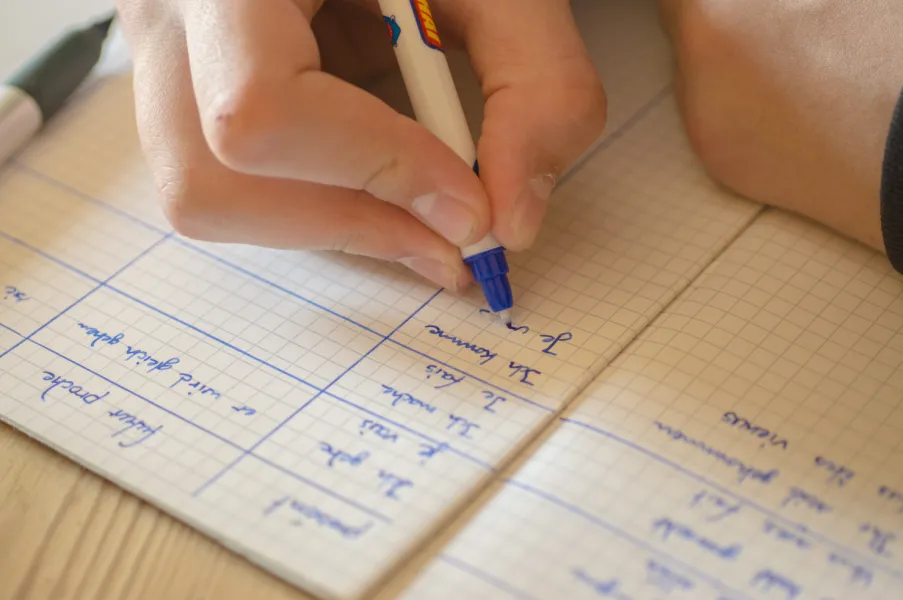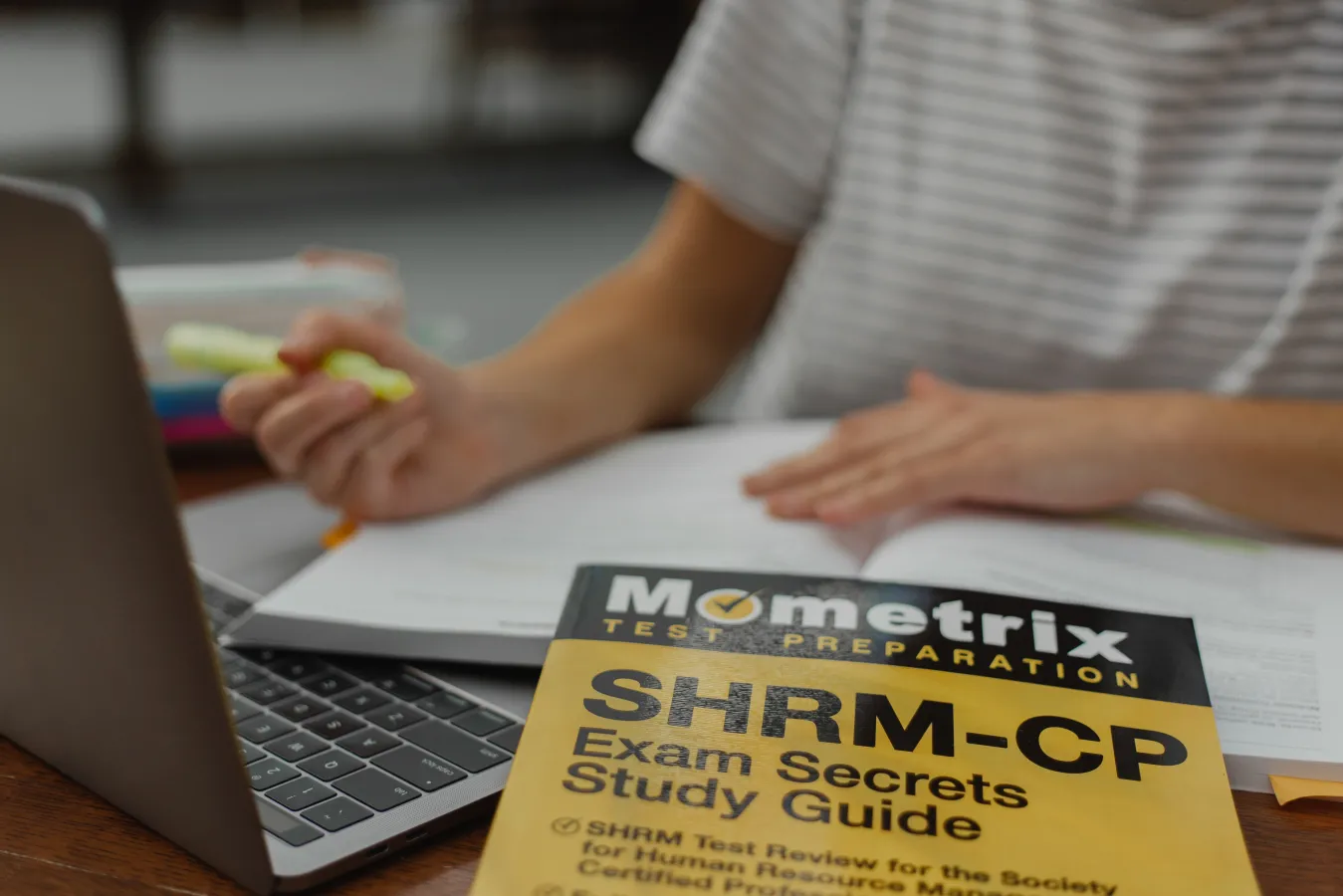How are exams held and how to pass them successfully?
School exams are coming soon and there is a slight tension in the air filled with excitement, expectation and of course a little anxiety. This event which becomes an important stage in the life of every student, marks not only a test of knowledge, but also the transition to the next stage of education. This can be a difficult period for many students and their parents. But don't worry! In this article we will dive into the process of passing school exams in Uzbekistan, analyze important details and offer tips that will help students and their parents cope with this test with minimal stress and maximum confidence.
How are the exams going?
As in many other countries school exams In Uzbekistan are an important part of the educational system. They are conducted to assess the knowledge and skills of students that they have acquired during their studies.
Exams include several stages: preparation, passing and evaluation. Preparation includes the study of educational materials and the training of skills that will be required for the exam. Passing an exam is a direct demonstration of knowledge and skills, and evaluation is an analysis of the exam results by a teacher or a commission.
At school exams, the assessment takes place on a standard 5-point scale, where 5 is "excellent", 4 is "good", 3 is "satisfactory" and 2 is "unsatisfactory". This assessment system allows you to get a qualitative idea of the student's knowledge and skills.
Who takes the exams?
A few years ago, there were two types of final exams in schools in Uzbekistan: transferable from 5th to 8th, as well as 10th grade; and graduation in grades 9 and 11. However, in April 2022, the Ministry of Public Education announced that now the examination control will be only for the graduating classes, that is for 9 and 11. Students of other classes will receive final grades based on the quarter grades received throughout the school year.
In what subjects are exams taken in schools in Uzbekistan?
9th grade students will take the following subjects in the 2022-2023 academic year:
- In writing:
- Russian language and literature (presentation),
- Mathematics.
- Orally:
- Uzbek language,
- History.
- In oral and written form:
- To choose from (chemistry, physics, foreign language, biology, computer science or geography).
- Practical:
- Physical education.
Graduates of the 11th grade pass:
- In writing:
- Russian language and literature (essay),
- Mathematics.
- Orally:
- History of Uzbekistan.
- In oral and written form:
- Foreign language,
- Uzbek language,
- To choose from (chemistry, physics, world history, biology, computer science or geography).

The process and form of passing the exam
As mentioned above: there are oral, written, oral-written and practical exams. Let's take it all in order.
Oral examination
At the entrance to the office where the exam is held, students must pull out a ticket with exam questions. As a rule, there are 30 or 40 such tickets. After the ticket has been pulled out, you need to tell your ticket number to the examiner and sit down at any available seat. You are given 20 minutes to prepare an oral answer.
Oral exams are usually conducted face-to-face between a student and a teacher or a representative of the examination board. The teacher asks questions that the student must answer verbally. Usually, an oral answer is given from 10 to 30 minutes, depending on the complexity of the subject and the level of training.
Written exam
Written exams are often used to test knowledge on more extensive topics. Most often it is:
- Problems and examples in mathematics, physics and chemistry,
- Logical tasks in computer science,
- Dictation, essays and expositions in Russian, Uzbek and foreign languages.
Exam tickets or question sheets are given to students at the beginning of the exam, and they have a certain amount of time (usually from one to three hours) to complete them.
Written and oral examination
Written and oral exams combine elements of both formats. They can begin with the written part, where you need to write answers to questions or solve problems on paper. This may be followed by an oral part in which students discuss their answers with the teacher, explain their decision or answer additional questions.
This format allows teachers to more deeply assess the students' understanding of the material, as they can observe the student's thinking process and ask questions for clarification.
It is important to remember that the rules and procedures may vary, so students are always advised to clarify the requirements and format of the exam in advance from their teachers or the examination board.
Exam results
After passing the exam, everyone is interested in the assessment that was put up. When can it be found out?
After passing the exams, students are asked to stay on the school grounds and wait for the examination board to check their work and make a final grade. You need to stay in order to look at your work after grading and see mistakes. If you suspect an unfair check or someone's interference (for example, your answers have been changed or corrected with a blue pen), you can file an appeal.
An exam appeal is a procedure where a student or his parents can request a re—examination of the work or a revision of the exam results. This may be due to disagreement with the assigned assessment, or if there is a belief that the assessment process was carried out incorrectly.
The student cannot attend the exam on the day of its holding for health reasons or other personal reasons. What to do?
If a student cannot attend the exam for health reasons or other personal circumstances, it is necessary to notify the educational institution immediately.
In most cases, if a student is ill or faced with an emergency, schools and educational institutions provide an opportunity to reschedule the exam for another date. However, this usually requires the provision of relevant documents, such as medical certificates or other evidence of an emergency.
What happens if you don't show up for the exam without a valid reason?
If a student does not show up for a school exam without a valid reason, this can have serious consequences.
Firstly, in most cases, if a student misses an exam without justification, he receives a zero score or an unsatisfactory grade for this exam. This can significantly affect his overall academic success and results at the end of the academic year.
Secondly, failure to attend the exam without a valid reason may lead to the student's exclusion from obtaining a certificate, which in the future will not allow him to enter a college, lyceum, higher education institution or transfer to the 10th grade (for 9th grade students).
Thirdly, the constant skipping of exams without a valid reason can affect the reputation of the student and his relationship with teachers and peers.
So skipping exams without an excuse is something to be avoided. If a student has to miss an exam for some reason, he should contact his school as soon as possible to discuss the situation and find out about possible solutions.
Benefits and exemptions from exams
Recently, national certificates for school subjects have been introduced in Uzbekistan. The essence of the certificates is that you can get them at any time convenient for you and use them for admission to the university. For example, a national certificate in mathematics will give you the right not to take entrance exams in this subject when entering a higher educational institution or lyceum.
Now it works in schools too! Students who have a national certificate in a certain discipline or an international certificate in a foreign language have the right not to take the exam in the relevant subject.

Tips and recommendations for preparation
Preparing for school exams is an important and responsible process that requires a careful and systematic approach. Here are some tips and tricks that will help you successfully cope with this challenge:
Time planning: Exam preparation takes time and effort, so it's important to start early. Exam tickets are issued a month and a half before the start of the exams, in early April, so you have enough time for thorough preparation. Do not neglect this time and start preparing in advance.
Systematic preparation: Instead of trying to memorize everything at once, it is better to divide the material into small parts and teach them in stages. This makes the learning process more manageable and helps to improve the understanding of the material.
Regular breaks: Remember the importance of breaks in the study process. They will help your brain to rest and absorb information better.
Repetition of the material: Periodic repetition of the already studied material is the key to its assimilation. Create a schedule to repeat the topics you have already studied.
Practice: Practice is one of the best ways to prepare for the exam. If possible, try to solve trial questions or complete practical tasks to better understand what is required of you.
Healthy Lifestyle: Proper nutrition, adequate sleep and regular physical exercise can help improve your concentration and learning efficiency.
Stress Management: Exams can cause stress, so it's important to learn how to manage it. Relaxation techniques such as meditation or breathing exercises can be very useful.
I hope these tips will help you successfully prepare for the upcoming exams. Good luck in your studies!





